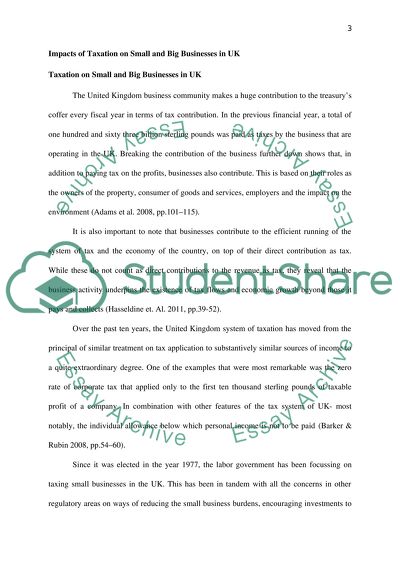Cite this document
(“Impacts of Taxation on Small and Big Businesses Essay”, n.d.)
Impacts of Taxation on Small and Big Businesses Essay. Retrieved from https://studentshare.org/finance-accounting/1680277-impacts-of-taxation-on-small-and-big-businesses
Impacts of Taxation on Small and Big Businesses Essay. Retrieved from https://studentshare.org/finance-accounting/1680277-impacts-of-taxation-on-small-and-big-businesses
(Impacts of Taxation on Small and Big Businesses Essay)
Impacts of Taxation on Small and Big Businesses Essay. https://studentshare.org/finance-accounting/1680277-impacts-of-taxation-on-small-and-big-businesses.
Impacts of Taxation on Small and Big Businesses Essay. https://studentshare.org/finance-accounting/1680277-impacts-of-taxation-on-small-and-big-businesses.
“Impacts of Taxation on Small and Big Businesses Essay”, n.d. https://studentshare.org/finance-accounting/1680277-impacts-of-taxation-on-small-and-big-businesses.


